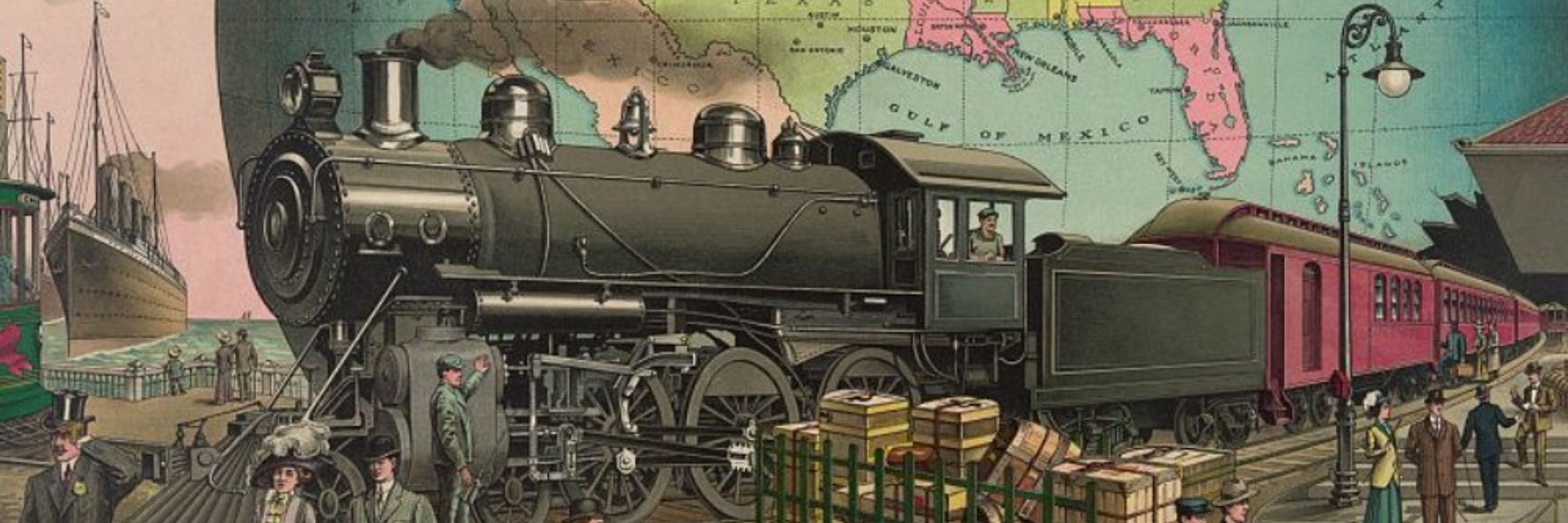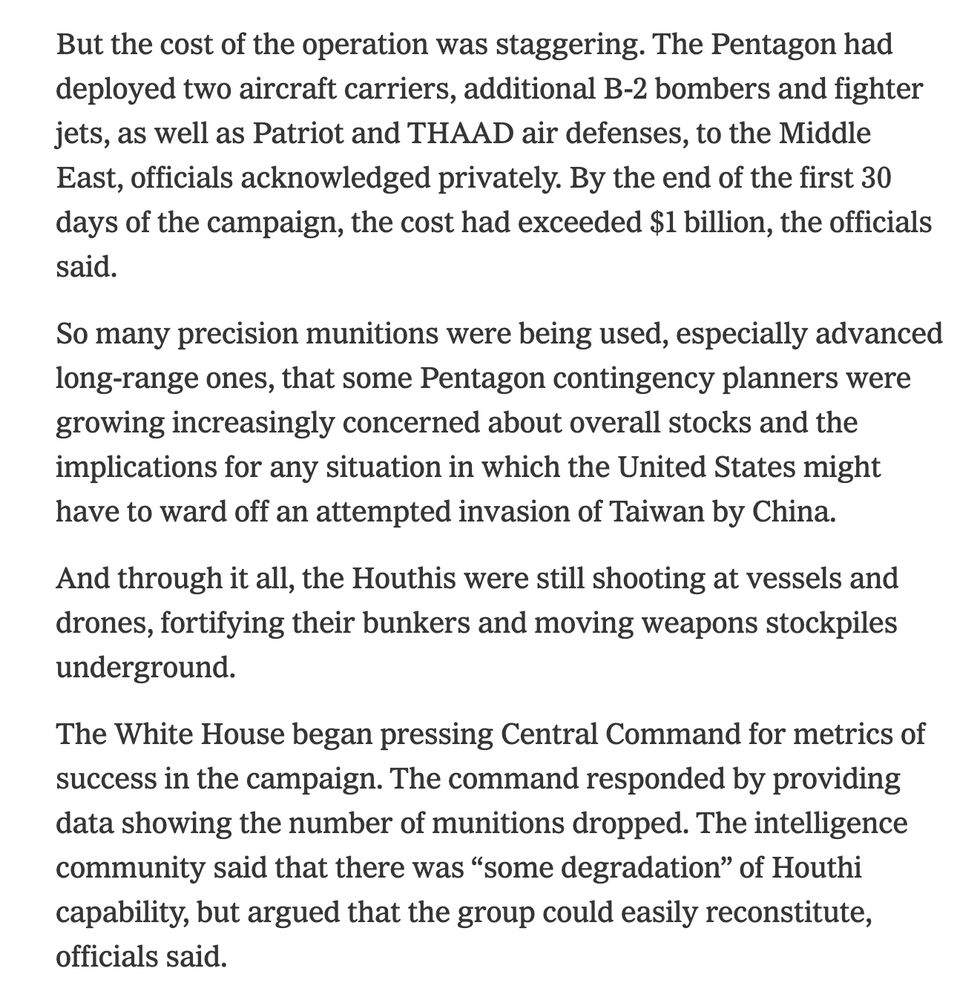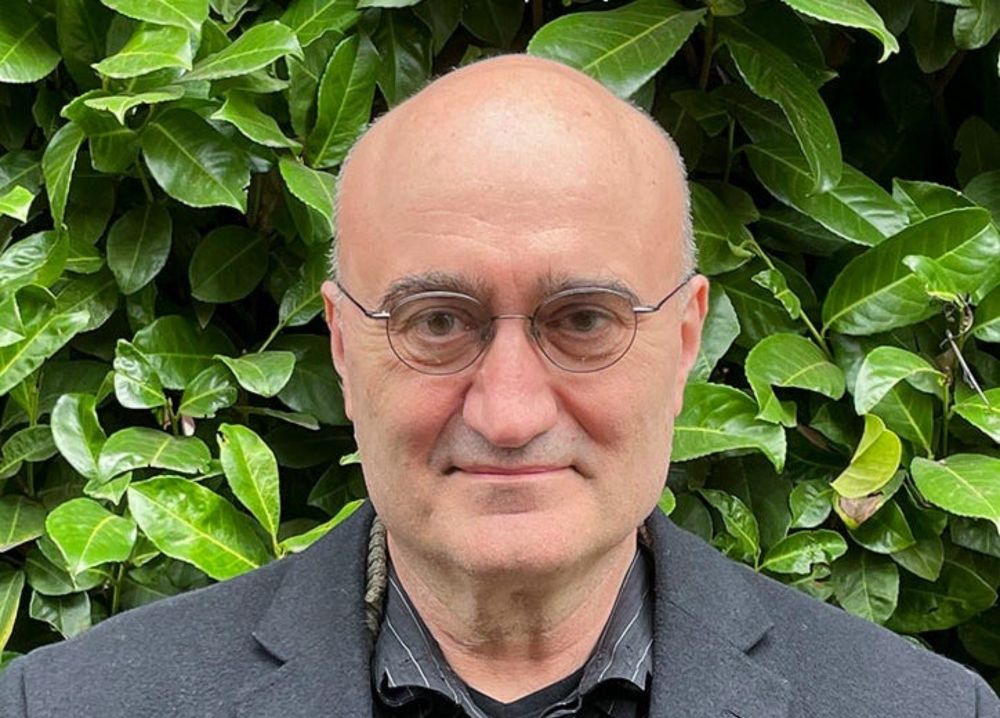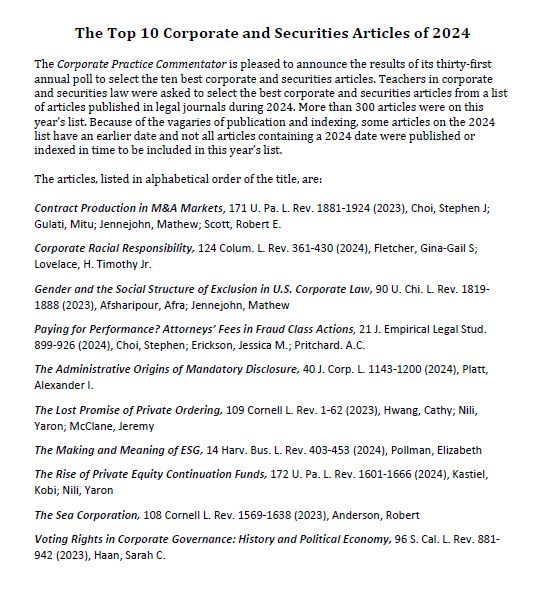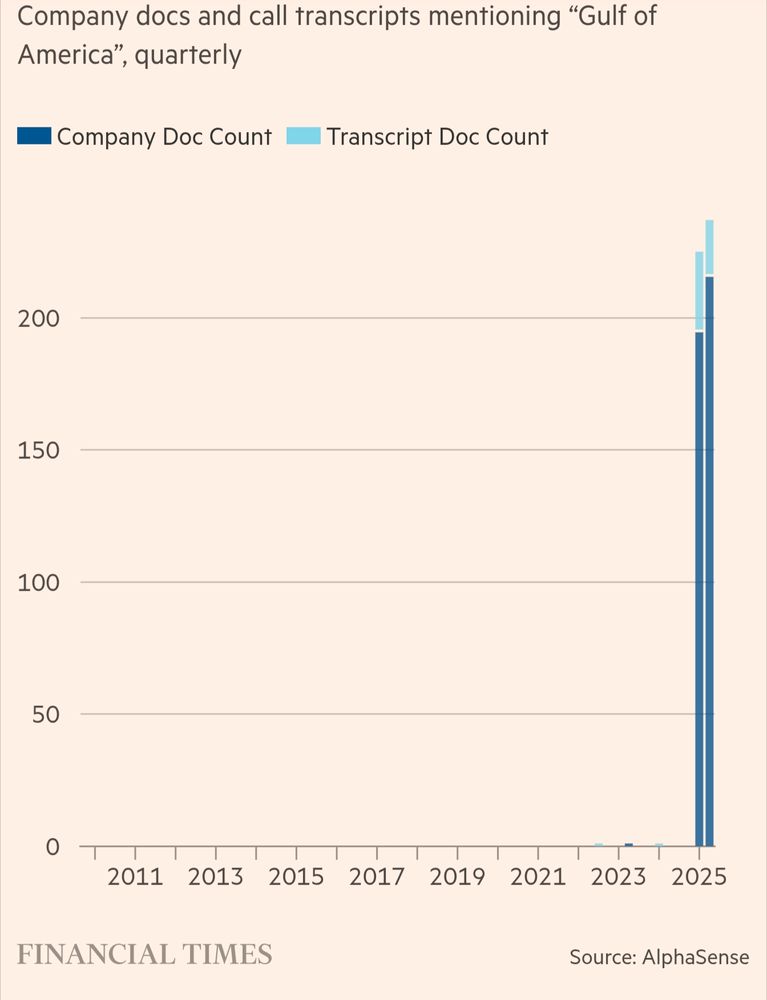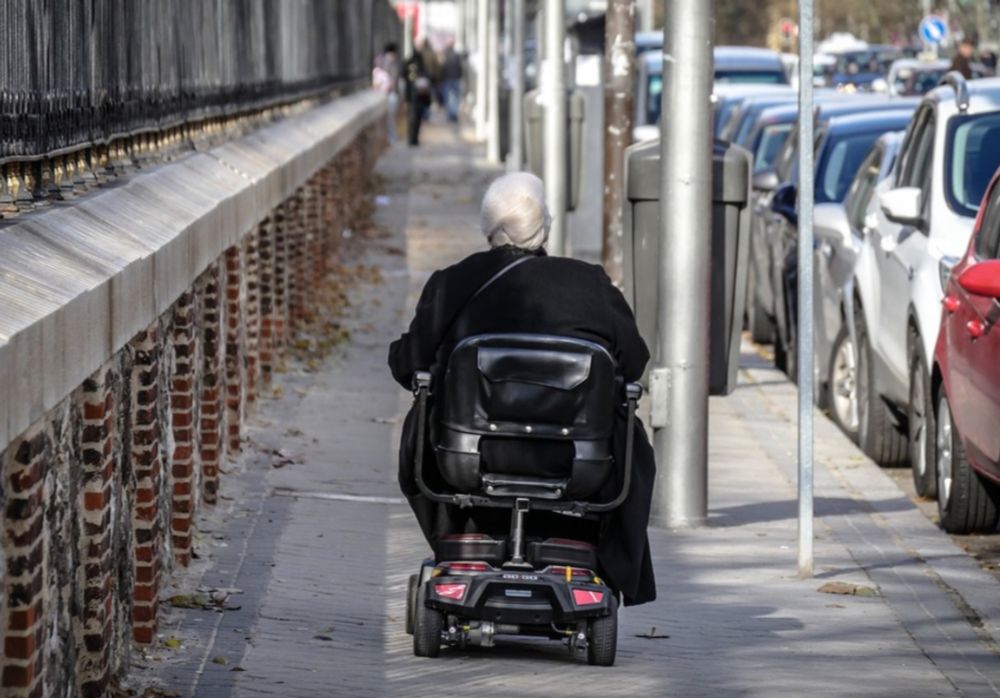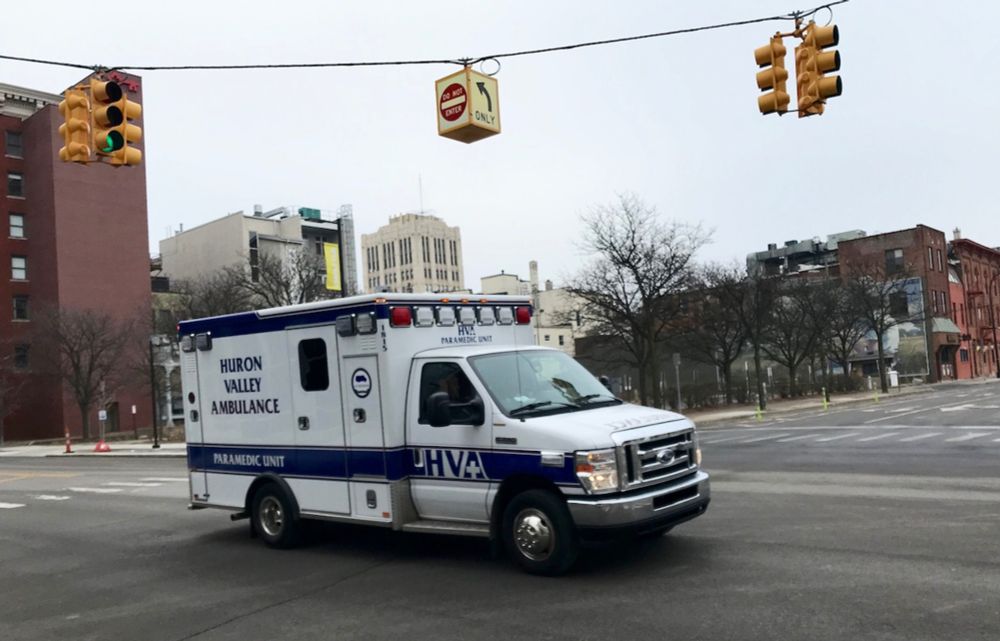Greg Shill
Professor, University of Iowa College of Law • Student of firms, cities & transportation • Papers: ssrn.com/author=887547 • Newsletter: gregshill.substack.com • Co-host of Densely Speaking podcast • gregshill.com
- New post coming Thursday, going somewhat against type on two things I like (ADUs and transit frequency) gregshill.substack.com
- Plucked from a great thread on @yappelbaum.bsky.social’s “Stuck,” which I am also reading.
- "[D]espite what they say they want, many Americans don’t seem to buy [small, cheap] cars...Nearly every midsize family sedan starts at less than $30,000, including the [Accord, Camry & Sonata]. But many Americans have rejected those cars in favor of bigger vehicles." www.nytimes.com/2025/05/13/b...
- Reposted by Greg Shill[Not loaded yet]
- The most telling, generalizable piece here is that when pressed for evidence of outcomes, those involved produced evidence of inputs (munitions spent). A persistent challenge - and common response - in policy domains where outcomes are hard to measure.
- This new Times piece on the last month of American bombing of Yemen has some insane details. www.nytimes.com/2025/05/12/u...
- (Slight different) paper idea: the impact of remote work on transit labor union bargaining power.
- Does something like this exist for any US cities (Chicago especially)?
- I don’t think corporate law is boring. I do think the work that junior corporate lawyers do tends to be tedious, more than litigation (having done both), but it gets a lot more interesting—using many parts of the brain—if you stick with it. The exit options are also quite varied.
- Excellent interview. Some key points were the importance of establishing clear priorities (including deciding, rather than assuming away, the resulting tradeoffs) and the utility for the US of Canadian rather than European/Asian comparisons. Two items I’d be interested to hear more on:
- Today on Volts: I talk with transit guru @humantransit.bsky.social about the state of public transit in the US -- which systems have recovered from Covid & which face a fiscal cliff; the best way to balance coverage & frequency; the tech bro fantasy of transit without strangers; bus myths; & more.
- Congratulations to my friends in the corporate law academy on this well-deserved recognition!!
- Good discussion of the statutory and constitutional (eg, NFIB) arguments around the legality of congestion pricing. USDOT’s argument for revoking federal permission is weak.
- The chart is good, the reporting is even better (characteristic of Alphaville). TLDR, for a lot of oil majors it’s the Gulf of America now - but some companies have come up with creative workarounds to avoid taking a side.
- Louis Ashworth has not been shortlisted for Wincott Data Journalist of the Year. on.ft.com/43jEo8x
- Reposted by Greg Shill[Not loaded yet]
- A transportation perspective on this issue might emphasize that turning the density dial up one click (as, e.g., the good folks at Strong Towns advocate) is a tough sell because it usually assures more parking problems. IMO, the way out is to upzone high-accessibility areas that are already dense.
- Saved you a click: it's a doodle. (Also, King Solomon doesn't make his appearance until the penultimate page, where he is relegated to a parenthetical in a footnote. Sad!) Great opinion.
- Reposted by Greg Shill[Not loaded yet]
- For exams, we formally abandoned bluebooks about five years ago (pre-ChatGPT) but we use software that blocks the internet and/or local programs (at the instructor’s discretion). I think the harder challenges at scale are everyday preparation—emphasizing depth of engagement—and the seminar paper.
- Even beyond mandates, there is often a tradeoff between capital investments and operating costs. Capex is heavily subsidized by the federal government, but operating costs fall heavily on transit agencies. Capex strategy should aim to cut operating costs but often other goals are given priority.
- In part due to demographic change (aging), the median household preference has shifted toward space over proximity in a way that will have dramatic, non-linear effects on everything from property values to municipal budgets to emissions. And that’s before taking new federal policies into account.
- Reposted by Greg ShillLike every other late 30-something I know, I'm thinking a lot lately about how the transportation system will shape my parents' lives as they age (which to some extent is already happening). Learned a lot from this conversation with @gregshill.com, including some surprises.
- “There’s something universal about trains. They bring out the youth in everybody.” www.wsj.com/real-estate/...
- Very sad. To get to school I used to walk across the same road at a similar intersection every day. One thing you learn in transport research is the unique exposure of wheelchair users as pedestrians (+36% chance of being killed vs. overall pop, +75% for men 50-64). www.mlive.com/news/ann-arb...
- Reposted by Greg ShillThe report is out, AMA. How to Build High-Speed Rail on the Northeast Corridor transitcosts.com/north-east-c...
- Reposted by Greg Shill[Not loaded yet]
- The analogy may be tiresome, but I’m trying to imagine Obama sharing an image of himself as the Pope.
- It’s a good day for the investor who is diversified across 3x leveraged long ETFs.
